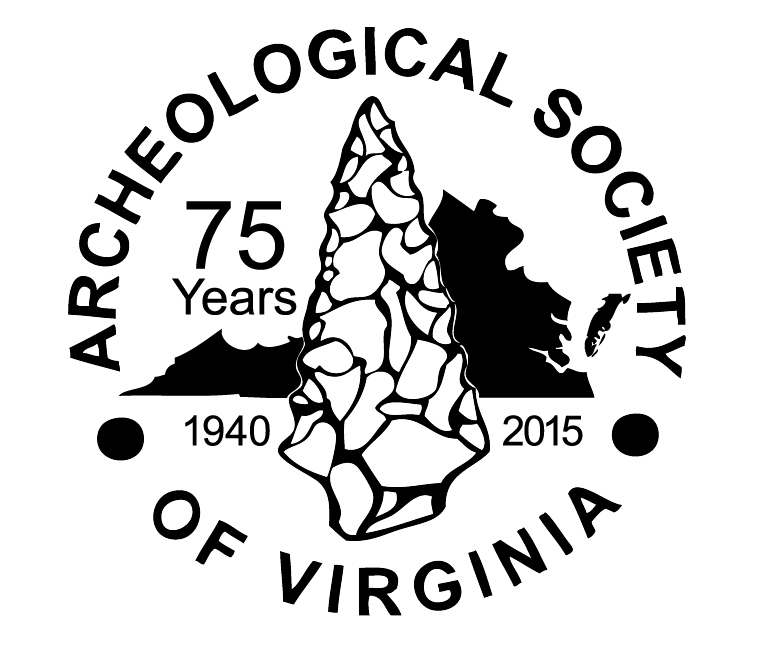CODE OF ETHICS/STANDARDS OF PERFORMANCE
- A member has a responsibility to prepare for any research project he/she undertakes, whether in the field or otherwise. He/she should:
- avoid heading projects for which his/her qualifications and background are insufficient; or enlist the support of associates who can fill in deficiencies; or change the scope of the project to conform to his/her areas of experience.
- complete thorough background research before beginning the project.
- develop a research proposal in advance which clearly states the nature of the project to be undertaken, the objectives of the research, the method(s) to be used, and a projected time frame for the project's completion.
- make sure that enough manpower and equipment are available to complete the project, from its initial field stages through artifact processing and final report.
- make sure that all legal requirements, such as appropriate permits, permissions, and liability waivers, have been obtained in advance.
- ensure that his/her work does not seriously interfere with the programs or projects of others.
- A member should follow his/her plan of research, except if changing circumstances or needs force changes to the plan.
- A member's research project should meet these minimal standards:
- a readily understandable system for provenancing artifacts should be established and maintained.
- environmental and cultural features of a site should be fully and accurately mapped and recorded by appropriate means.
- records and final reports should be written in terms understandable to other researchers in the field. If new or unclear terms are used, they should be adequately defined.
- when conditions permit, the potential for other research projects should be considered while the site is being excavated, and information retrieval should be conducted accordingly. For example, prehistoric objects should be systematically retrieved, even if the site's focus is primarily historic.
- When artifacts are being processed, the researcher should initiate a generally understandable system to ensure that site provenance and relationships are preserved.
- Whenever possible, material excavated from a site should be housed in a facility where their permanent care will be assured, and access will be accorded to other researchers.
- At the minimum, results of research should be reported and filed with the appropriate interested parties, including public agencies within a reasonable amount of time after the completion of a project. Researchers should also recognize their larger mission of educate the public at large through archeologically responsible means, such as media public displays, and other educational activities.
STATEMENT OF ETHICS
- The member and the archeological resource base
- Members should:
- actively support the preservation of threatened sites.
- know and comply with all laws which cover his archeological research.
- insist that, and act in such a way that, data recovered from a site be kept intact, properly curated and made accessible to others with legitimate research interest in the collection.
- Members should not:
- undertake any research that affects the archeological resource base for which he/she is unqualified.
- engage in activities which violate theUNESCO Convention governing the illicit import, export, and ownership of cultural property.
- The member and the public
- Members should:
- represent archeology and its results to the general public in a responsible manner.
- be sensitive to and respect the concerns of groups whose cultural history is the subject of archeological or anthropological study.
- avoid statements which tend to encourage others to engage in unethical or illegal activity of an archeological nature.
- Members should not:
- engage in any illegal/unethical conduct related to archeological matters, or knowingly permit the use of his/her name in support of such conduct.
- render a professional opinion, public report, or give legal testimony on any archeological questions for which he/she has no expertise.
- engage in dishonest, fraudulent, deceitful, or misleading conduct regarding archeological issues.
- The member and his/her peers
- Members should:
- appropriately credit the work of others when used in his/her own work.
- communicate and cooperate with professional and amateur colleagues working in the same or related fields of research.
- stay informed about developments in his/her fields of specialization.
- accurately and promptly prepare and circulate reports on work undertaken under his/her direction.
- Members should not:
- falsely or maliciously injure the reputation of his/her colleagues, amateurs, or professional archeologists.
- plagiarize any oral or written communication.
- except in emergency (rescue) situations, engage in research without producing an analysis and report within a reasonable period after the conclusion of that project.
- refuse any reasonable request from a qualified colleague for research data.

